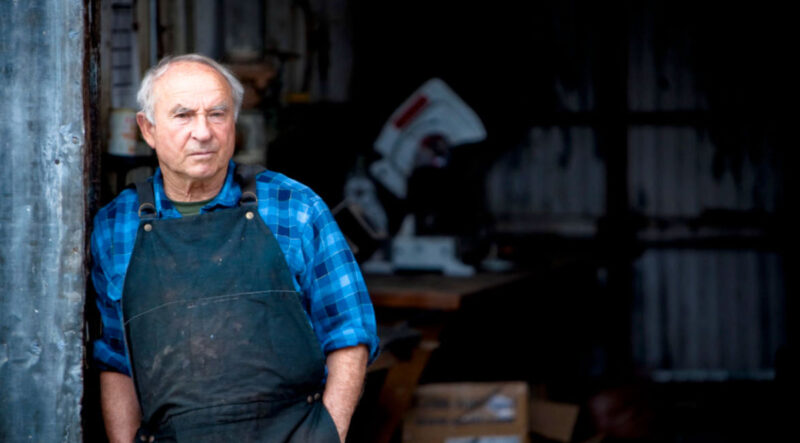Patagonia’s hypocrisy displayed in new anti-salmon farming book
“Patagonia’s campaigns against salmon farming, books and films are all about creating traction for its expensive and exclusive products…its hypocrisy.”
By Fabian Dawson
SeaWestNews
Patagonia, the outdoor clothing manufacturer, which makes millions catching and canning dwindling wild seafood species, is coming out with another book to attack the sustainability of salmon farming.
This time it is planning to release an English translation of a Norwegian book – “Den nye fisken” (“The new fish”) originally published in 2021 – as part of its ongoing campaign to eliminate net-pen salmon farming.
Patagonia founder Yvon Chouinard and his group are global leaders when it comes to executing so-called ‘sustainability marketing schemes’, which in many cases involve spending millions to support activism against competitors.
Chouinard, estimates the value of the Patagonia brand at $3 billion with over $100 million in revenues a year, part of which comes from hunting down wild sockeye and pink salmon in the Pacific Northwest.
It funds the Wild Fish Conservancy which in turn gives Patagonia the “responsible harvest practices” tag while propagating a litany of falsehoods against salmon farmers and other fisheries.
The Patagonia-backed NGO is behind the recent move by Washington state’s Public Lands Commissioner Hilary Franz to unilaterally ban net-pen aquaculture in the state.
Leading seafood trade groups say the move is tied to her political ambitions and has little to do with science.
The Northwest Aquaculture Alliance, has been joined by other leading seafood trade associations as well as respected fisheries scientists, veterinarians, and fish health professionals, calling for a third-party review of the science upon which Franz made her decision.
The Wild Fish Conservancy is also behind the move to close a lucrative Southeast Alaska king salmon troll fishery that directly employs 1,500 fishermen.
Patagonia has produced three documentaries condemning fish culture, all of which have been panned as loaded with misleading claims, erroneous statistics and out-of-context interviews
“You can expect this new Patagonia book to be more of the same,” said an industry veteran.
“Patagonia’s campaigns against salmon farming, books and films are all about creating traction for their expensive and exclusive products…its hypocrisy,” he said.
Karla Olson, director of Patagonia’s publishing division, said in a statement that, “Yvon feels, and we agree, that it (the new book) is a vital resource in Patagonia’s ongoing campaign to eliminate net-pen salmon farming.”
Mark Kurlansky, the New York Times bestselling author of “Salmon”, which was published by Patagonia in 2020, has also criticized the clothing manufacturer.
In an interview with SeaWestNews after the book was published, Kurlansky said replacing sea farms with land-based operations, as the activists are demanding in British Columbia, is not a good idea because it will exacerbate climate change and substantially increase Greenhouse Gas (GhG) emissions.
Kurlansky, who spent five years researching his book, said: “In the case of British Columbia, I have to say that salmon runs have been steadily declining for over one hundred years and suddenly it is all the fault of the salmon farmers who arrived twenty years ago…the greatest problem is climate change.
“I think we should be looking for technologies, low carbon technologies, and we should not be moving to any higher carbon technologies,” said Kurlansky, adding he does not agree with Patagonia’s push for activism to oust ocean-based salmon farmers.
Last year Chouinard announced that he and family members were giving away the company to use its profits to fight climate change, which according to some legal experts is a typical tax move.
New York University law professor Daniel Hemel told Quartz that the giveaway allowed the family to reap the benefits of a commonly used tax law maneuver by philanthropists.
(Image from Patagonia Facebook shows its founder Yvon Chouinard)

